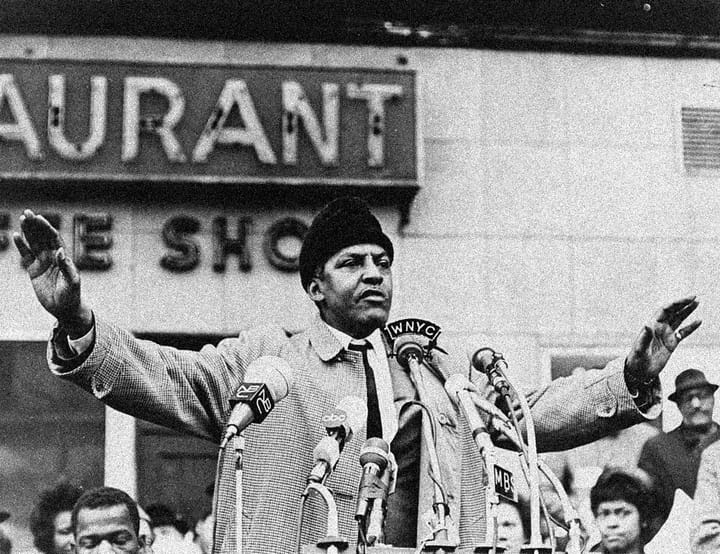Recent developments in psychoanalysis have sent analysts searching for solutions to issues far upstream of the clinical encounter. This “social turn” in the field has led them no closer to solving social problems and further from working through the primary problems of the field itself.
In the fourth season of the popular TV show Couples Therapy, celebrity therapist Orna Guralnik explains her theory of mind over inspiring orchestral music set to B-roll footage of New York City and images of trains tunneling through mountainsides. She narrates:
A traditional psychoanalyst would say, “If you go deep, deep, deep, deep, deep into the unconscious, you’ll find the drives—sexual drives, aggressive drives, competitive drives, death drive… that’s the bedrock of the psyche. People like myself think that if you go really, really deep, if you dive into the unconscious, I think you’ll find the collective.
The music intensifies. Images of people from different ethnic groups appear, presumably engaged in culturally significant activities. Finally we see archival footage of immigrants arriving at Ellis Island and the 1963 March on Washington, followed by a Black Lives Matter protest. Guralnik continues, “Being part of a group and part of a collective is deeply embedded in us.”
The idea that people are products of their social environment, that they desire and in fact need to be in association with one another, is not original. Freud himself famously authored several significant works on the subject, and the field’s history is rich with further elaborations in this vein. Nevertheless, according to many contemporary theorists and practitioners, psychoanalysis has a problem here. The traditional one-on-one clinical encounter in which the depths of the unconscious are probed, casting light on forbidden sexual and aggressive wishes and the defenses that prevent them from reaching consciousness, has come up woefully short in recent years by ignoring the critical role that social forces play in individuals’ lives. Worse yet, psychoanalysts have actively catered their efforts towards a particular population, disproportionately white and affluent, while claiming the mantle of universalism.




